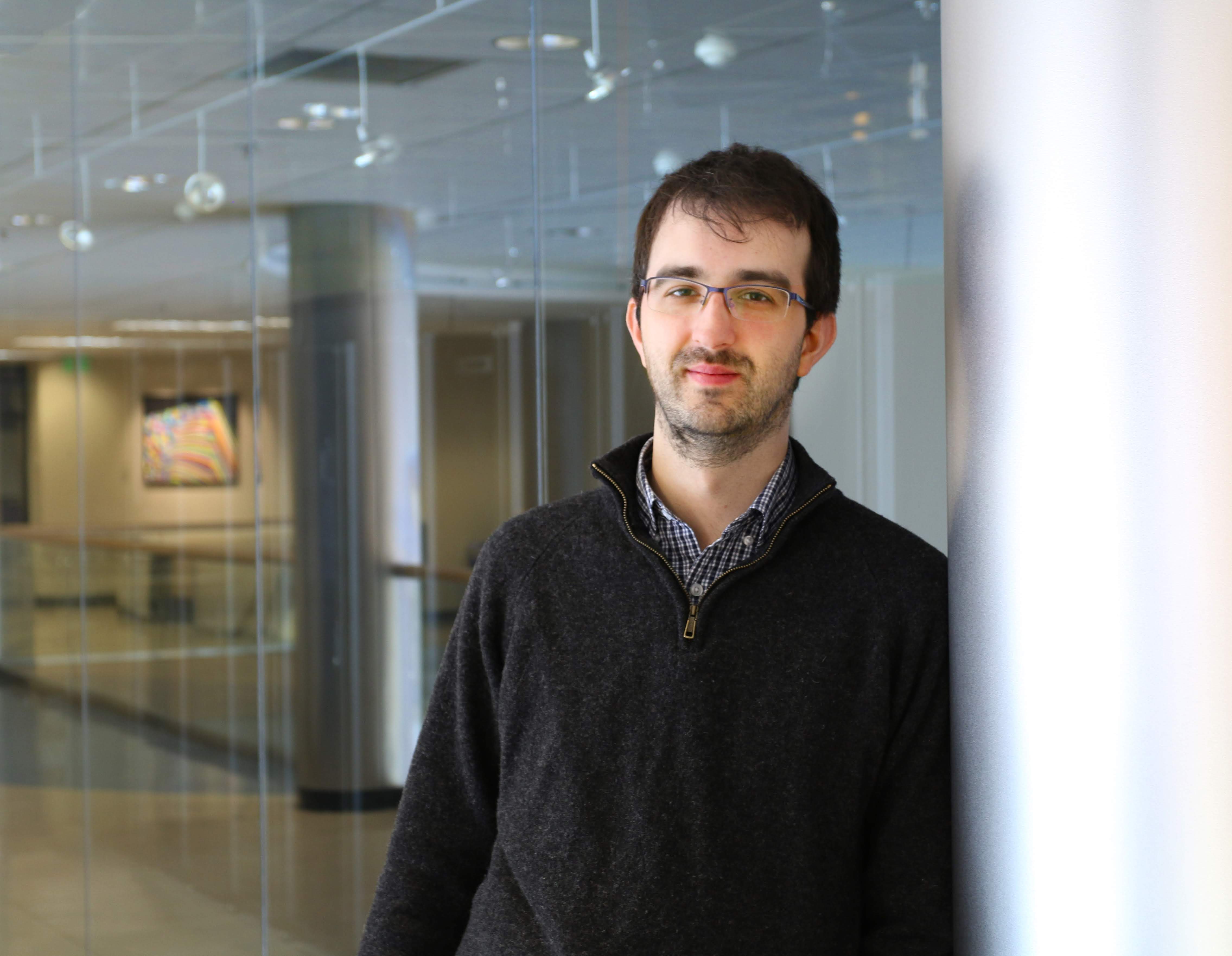Fonseca earns NSF CAREER award
01-20-2022

Computer science assistant professor and systems security researcher, Pedro Fonseca
Kernels, the heart and core of operating systems, are an essential software component of servers, desktops, mobile devices, and embedded devices. Oftentimes, they are large and complex – making it difficult to deploy them effectively and bug-free. If kernels are operating correctly, they are generally invisible at the user-interface. Though, when kernels are compromised, the effects can range from vague unreliability of the system to badly corrupted filesystems and even massive data loss.
Computer science assistant professor and systems security researcher, Pedro Fonseca, received a CAREER award from the National Science Foundation (NSF). Fonseca’s work is titled, “Towards Reliable Operating Systems through Scalable Control- and Data-Flow Analysis.” His project will develop testing techniques that are especially suited to find software bugs in modern operating system kernels. Additionally, the project aims to develop effective techniques to help developers find kernel defects before being released to the public.
The project develops methods that uncover and analyze schedule-dependent non-determinism to find challenging classes of kernel concurrency bugs. This work is composed of three main components. First, it develops scalable techniques that analyze potential inter-thread communication to pair sequential tests intelligently and select schedules that expose kernel concurrency bugs. Second, it develops data-flow-aware techniques that advance sequential test generation by producing representative sequential tests that expose operating system non-determinism when combined. Third, it explores methods that analyze kernel output across schedules to detect subtle semantic bugs with a high impact on reliability and security.
Specifically, Fonseca’s new project increases the reliability and security of virtually all classes of computer systems, including Internet-of-Things devices, consumer desktops, data center servers, and critical infrastructures. In addition, this work reduces the development, testing, and operational costs and reduces the occurrence of bugs that slip into deployed systems. This project aims to reduce the incidence of downtime, loss of data, and other incorrect behavior across a wide range of systems used by billions of users.
NSF CAREER awards are the organization’s most prestigious awards given to junior faculty who embody the role of teacher-scholars through research, education and the integration of those concepts within the mission of their organizations. CAREER awards support promising and talented researchers in building a foundation for a lifetime of leadership. Receiving this award reflects this project’s merit of the NSF statutory mission and its worthiness of financial support.
Professor Pedro Fonseca leads the Reliable and Secure Systems Lab. The group's research focuses on building systems that are both reliable and secure. They develop techniques and methodologies that are particularly suited to address problems in the context of core software systems – the building blocks in modern computing that other software layers critically rely upon, such as operating systems, hypervisors and distributed systems. Fonseca approaches his research by gathering insights on emerging trends, building systematic testing tools, and designing and redesigning software systems. He works in three of Purdue’s Department of Computer Science Research areas; Distributed Systems, Information Security and Assurance, and Networking and Operating Systems. Fonseca joined Purdue in the fall of 2018. He completed his PhD in computer science and engineering at the Max Planck Institute for Software Systems. Before joining Purdue, he was a postdoctoral researcher at the Paul G. Allen School of Computer Science and Engineering of the University of Washington.
About the Department of Computer Science at Purdue University
Founded in 1962, the Department of Computer Science was created to be an innovative base of knowledge in the emerging field of computing as the first degree-awarding program in the United States. The department continues to advance the computer science industry through research. US News & Reports ranks Purdue CS #20 and #18 overall in graduate and undergraduate programs respectively, ninth in both software engineering and cybersecurity, 14th in programming languages, 13th in computing systems, and 24th in artificial intelligence. Graduates of the program are able to solve complex and challenging problems in many fields. Our consistent success in an ever-changing landscape is reflected in the record undergraduate enrollment, increased faculty hiring, innovative research projects, and the creation of new academic programs. The increasing centrality of computer science in academic disciplines and society, and new research activities - centered around data science, artificial intelligence, programming languages, theoretical computer science, machine learning, and cybersecurity - are the future focus of the department. cs.purdue.edu
Writer: Emily Kinsell, emily@purdue.edu
Source: Pedro Fonseca, pfonseca@purdue.edu